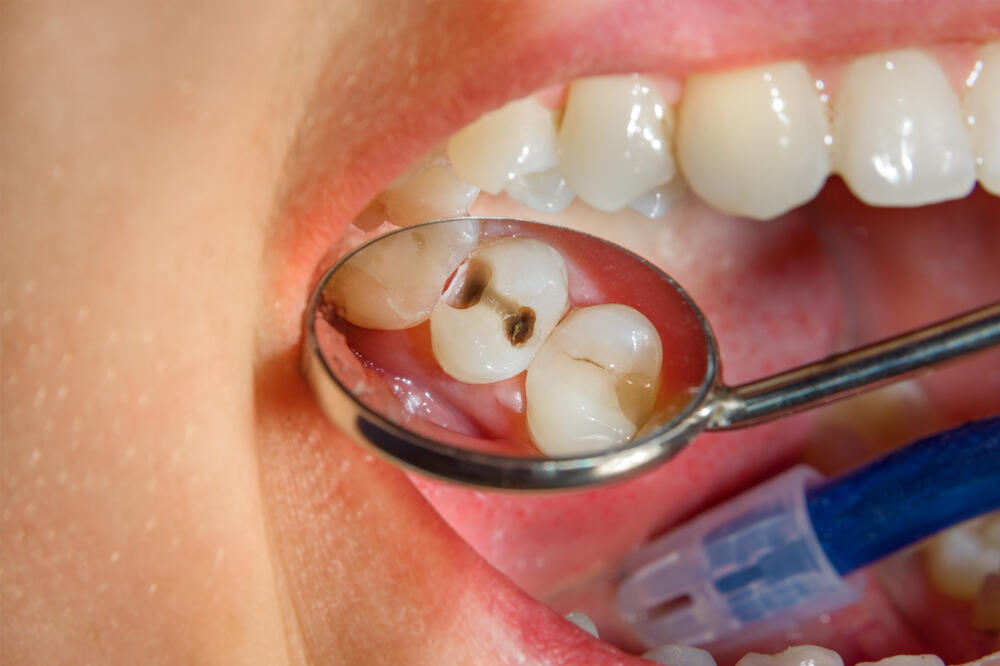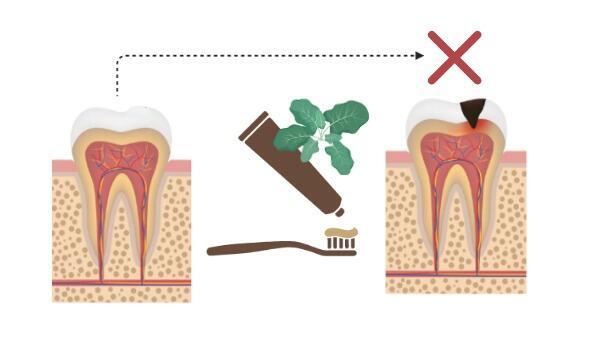A recent study at Ben-Gurion University’s Environmental Biotechnology Laboratory reveals that a natural molecule called Diindolylmethane (DIM) reduces the ability of the Streptococcus bacteria to produce biofilm by 90%, thereby preventing the bacteria from establishing themselves on teeth and reducing the likelihood of tooth decay.
Read more:
The study was conducted in Israel together with researchers from Sichuan University in China and the National University of Singapore, and its findings were published in the Antibiotics journal.
The mouth, which we use for eating and drinking, is an excellent breeding ground for microorganisms, mainly bacteria, that grow in the oral cavity and on our teeth, providing the ultimate conditions for them due to warmth, moisture and access to nutrients.
The interaction between bacteria in the oral cavity is complex and involves competition for space and resources.
Teeth are one of the preferred sites for the colonization of bacteria that break down food residues and contribute to tooth decay.
Tooth decay is defined as one of the common diseases that can affect oral and dental health, characterized by the decay of dental material and the formation of cavities.
Tooth decay happens via an exchange of substances by the bacteria residing on the teeth and their utilization of carbohydrates, which leads to acidification of the tooth surface and the breakdown of the enamel layer.
One bacterium which plays a major role in the plaque that forms on teeth is Streptococcus mutans, which helps build the bacterial colonization that attacks the teeth’s enamel layer.
In the study, observations were made on the bacterium to understand its interactions with a molecule of natural origin that interferes with the formation of biofilm and has a structure of two indole rings (DIM).
The DIM molecule is derived from certain plants in the cruciferous family, which includes broccoli, and when used in a synthesized form it was demonstrated that it successfully inhibits the ability of cariogenic bacteria to form biofilm.
The targeted impact of the molecule is focused on hostile factors, including biofilm, and represents a targeted treatment that does not create selection pressure, similar to antibiotic activity.
The study indicates that, in the future, it will be possible to add DIM to toothpaste and mouthwash for the purpose of improving oral and dental hygiene.
The study’s data suggests the treatment will have high effectiveness in protecting against biofilm formation by the cariogenic bacteria, allowing us to better preserve our teeth in the future.



